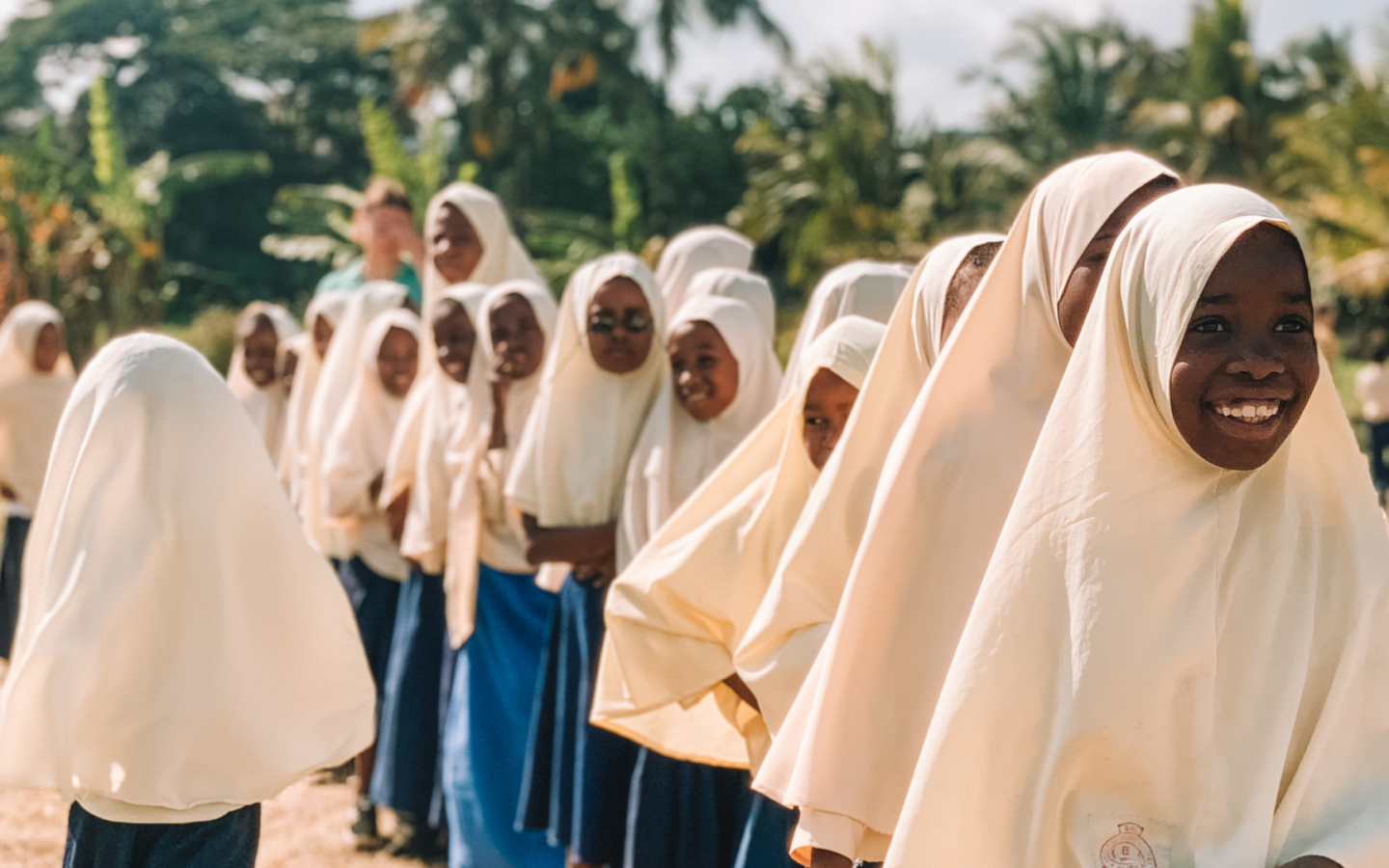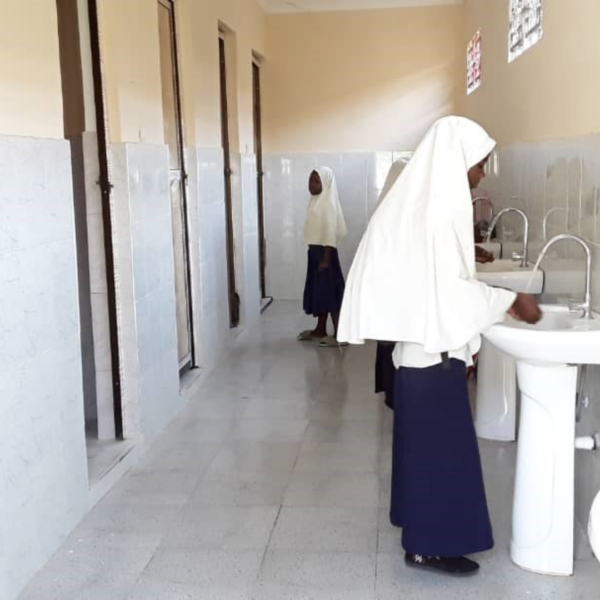
Our WASH programme aims to enable all students to reach their potential by reducing absences from school.
Inadequate toilet facilities, combined with a lack of understanding of good hygiene practices and menstrual health management, dramatically impact the attendance rates of students at our partner schools.
We wanted to change this, so we launched The WASH Programme to improve the hygiene standards of our partner schools through the construction of sanitation facilities, delivering educational workshops and providing essential sanitary products for girls.
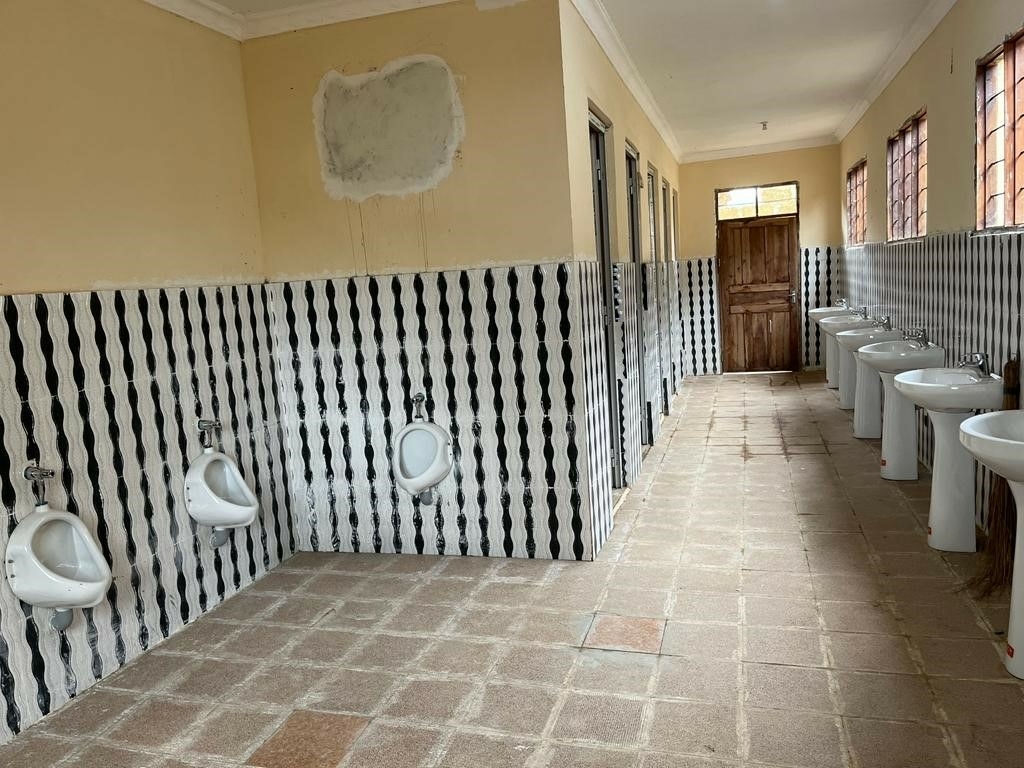
Transforming sanitation facilities at our partner schools
The WASH Programme provides equal opportunity for girls and boys to reach their full potential at school through the construction of better sanitation facilities and access to clean water, to create an environment that’s more conducive to learning. Alongside the construction work, educational workshops have been introduced for the students, to improve their knowledge and understanding of good hygiene and menstrual health management, helping girls to feel confident in managing their menstruation so that they can attend school.
16,000 students at three of our partner schools in Zanzibar are already benefiting from the WASH Programme, which was completed in 2023. 37 latrines, 12 hand washing stations and three menstrual health management rooms have been built, and menstrual health management workshops continue to be delivered as part of the curriculum.
After the success of the project in Zanzibar, we were awarded funding to continue this vital work at our partner schools in Ghana, where the construction work of toilet blocks and menstrual health management rooms is already complete at two of our partner schools, which will help improve the health and hygiene standards for over 1,330 students.
At Dornorgbor School, in Ghana, which educates 716 students, there were just four latrine toilets, of which only two were functional, with no toilet paper or hand washing facilities. The new block comprises 11 gendered and lockable latrines (five cubicles for boys and six for girls). In addition, four handwashing stations with clean, piped water have been installed, and the larger washroom enables toilet access for children with disabilities and a private area for menstrual health management.
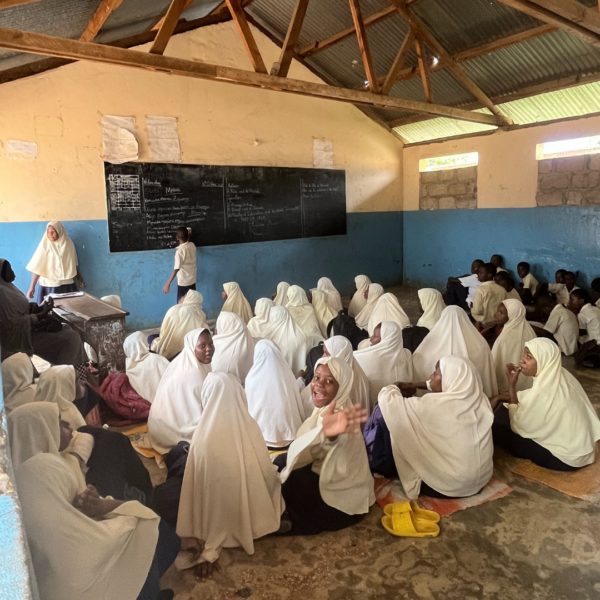
Student attendance across our Zanzibar partner schools
The aim of the WASH programme is to enable all students to reach their potential by reducing school absences.
Kinuni School has seen student attendance increase from 58% in 2021 to 86% in 2024.
Kijito School has seen student attendance increase from 66% in 2021 to 96% in 2024.
Fuoni School has seen student attendance increase from 60% in 2021 to 90% in 2024.
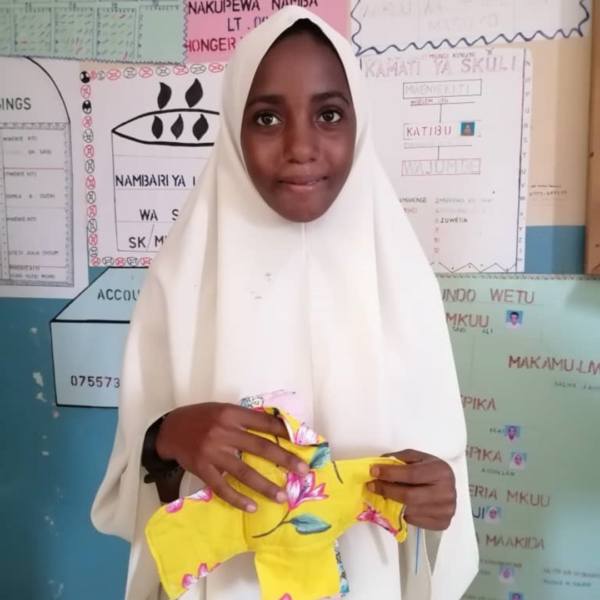
Reusable Pad Programme
Teachers across our three partner schools in Zanzibar have been trained to make reusable sanitary pads for the students. Last year, over 930 pads were made and distributed.
Before the WASH programme was rolled out at Kinuni School, only 27% of girls felt confident managing menstruation. In March 2024, the girls retook the survey, and 100% of them now either agree or strongly agree that they feel confident managing menstruation.
Some of the students have stepped forward and nominated themselves as Menstrual Health Management Mentors. As mentors, they encourage younger students to approach them when they start their period so that they can provide support and ensure access to reusable sanitary pads. This not only means girls can easily and quickly receive the support they need, but also others can develop essential skills through being mentors.
What’s next
Our aim for our WASH Programme is to impact not only our partner schools but also the wider community. Before the delivery of menstrual health management workshops at our partner schools in Zanzibar, 0% of girls felt comfortable talking to their mother, sisters and friends about menstruation. In March 2024, the girls retook the survey, and 100% of them now either agree or strongly agree that they feel comfortable talking to their mother, sisters and friends about menstruation.
With the support from parents, we hope to see that this new understanding of menstrual health and reducing the taboo around the subject will filter down to younger siblings, leading to improved hygiene at home and more positive attitudes toward menstruation in the wider community.
We will continue to monitor and evaluate the progress being made at our partner schools in Zanzibar, ensuring girls feel confident in managing their menstruation and new students receive the same support. The pad programme will continue to be rolled out, providing fabric when needed so each girl can manage their period.
For the next phase in Ghana, African Adventures Foundation is exploring the delivery of hygiene and Menstrual Health Management workshops and the provision of sanitary pads, working together with Tegbi Clinic to support the students on how best to use the facilities provided. Funding is also being secured for the construction of a toilet block to start at our third school.
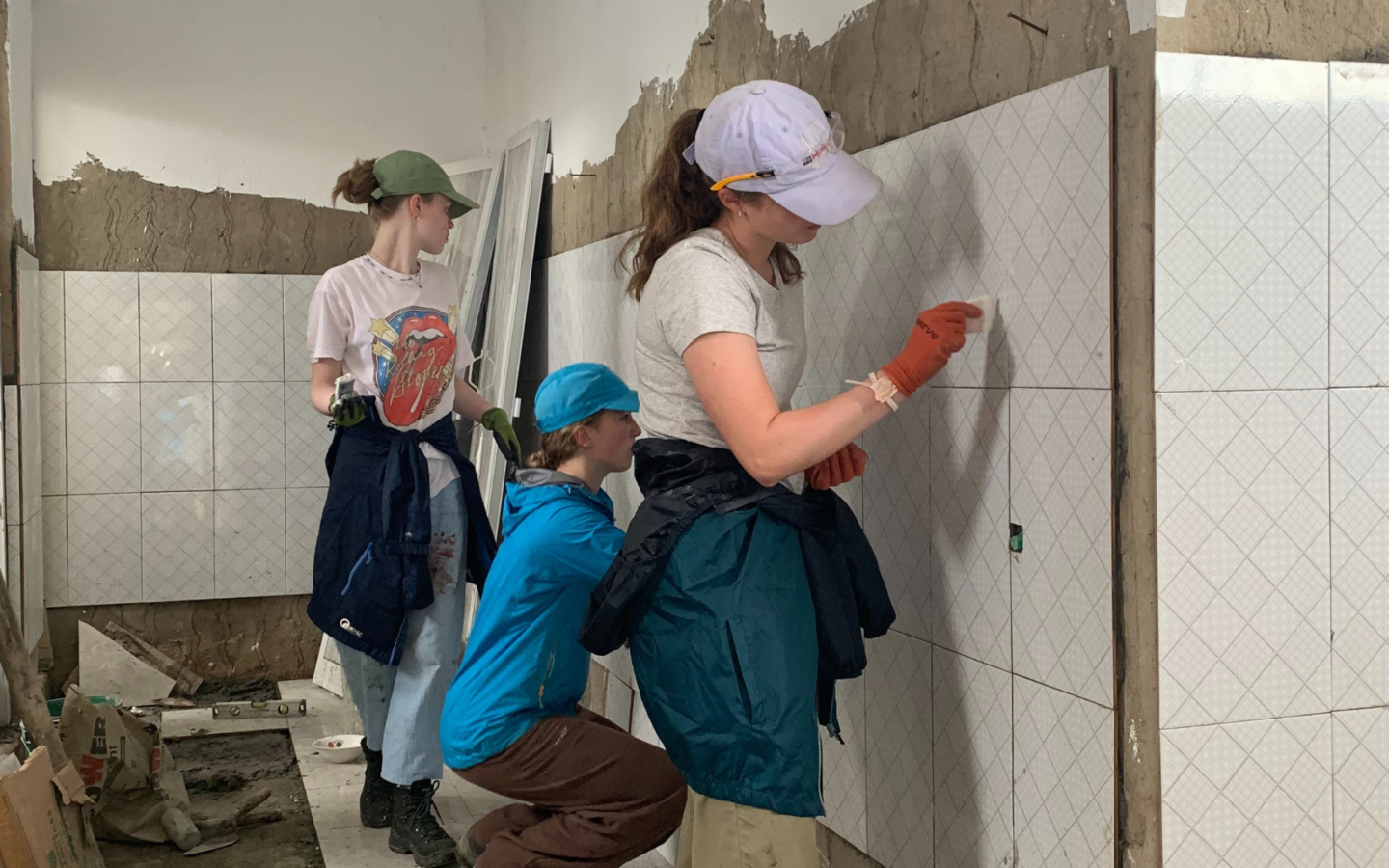
No child should have to miss out on their education
With your donations, we can continue to roll out The WASH Programme to more of our partner schools in Ghana, reducing the number of students absent from school because of poor sanitation or unable to manage their period confidently.

